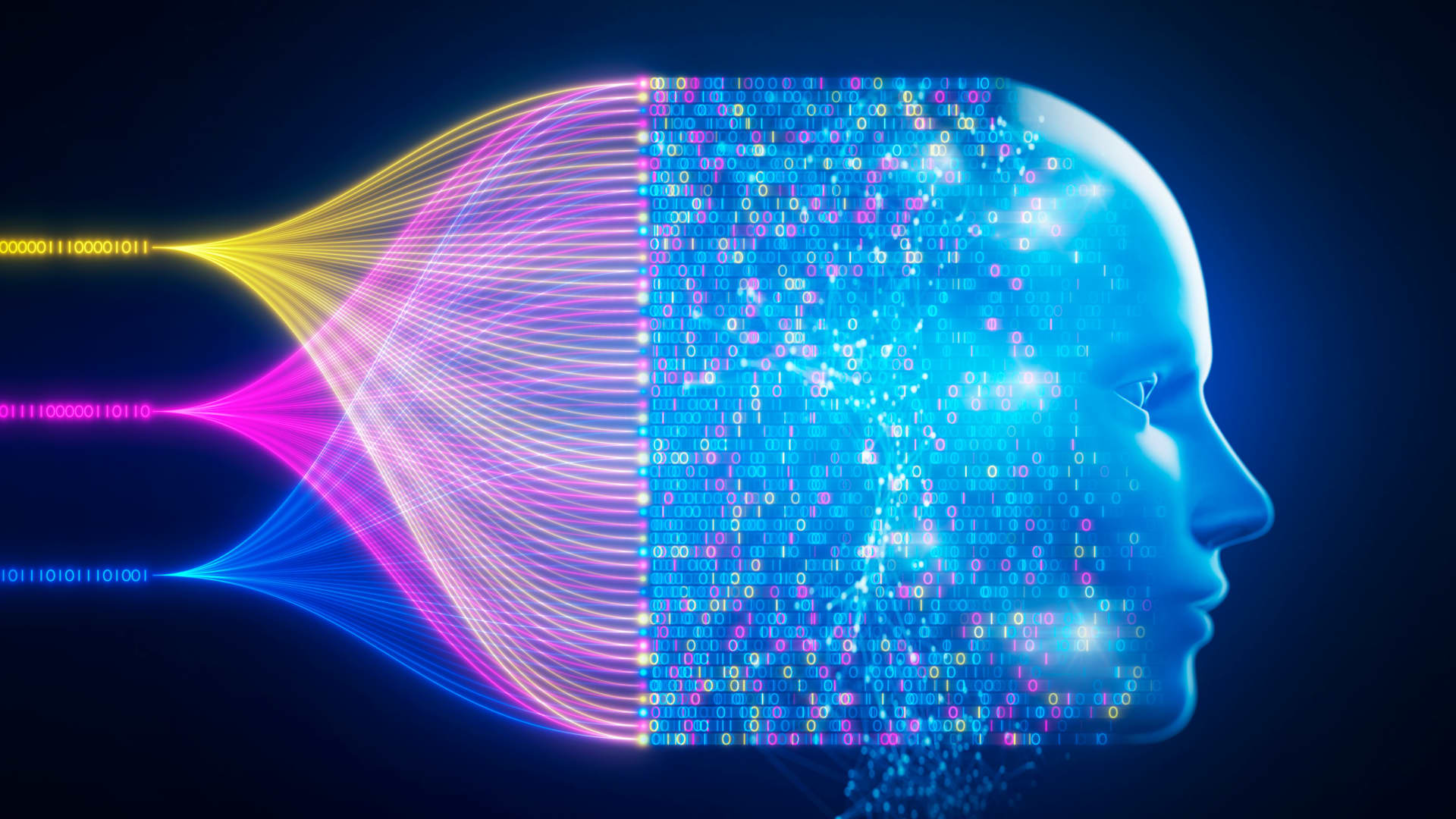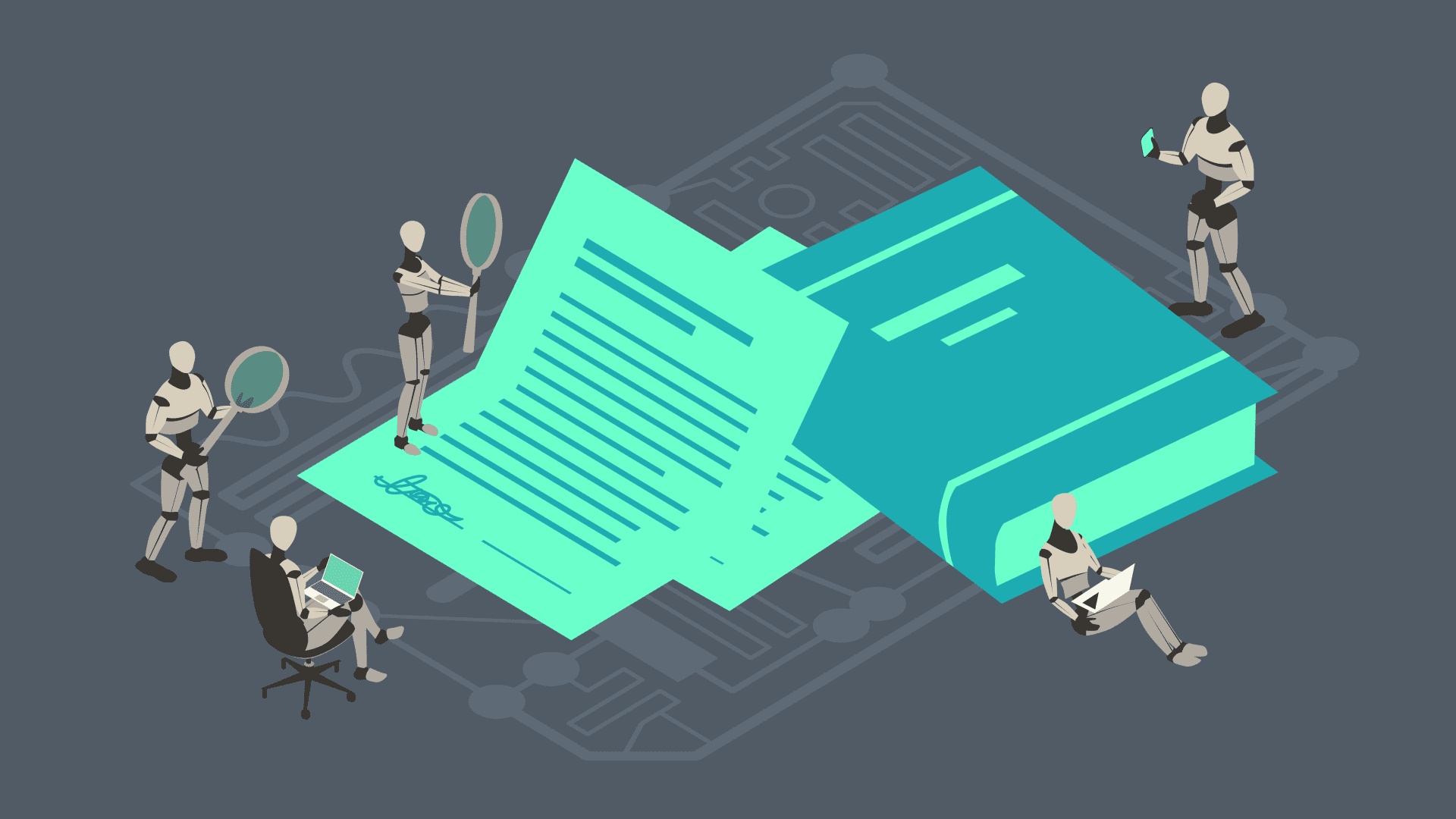Artificial intelligence (AI) has become an integral part of our daily lives, shaping industries, revolutionizing processes, and transforming the way we interact with technology. As AI continues to evolve, understanding its intricacies and applications is crucial for individuals and businesses alike. In this article, we will delve into the concept of "undressing AI," uncovering its layers, capabilities, and implications in the modern world.
From autonomous vehicles to personalized recommendations, AI-driven solutions have permeated various sectors, offering unprecedented opportunities and challenges. This article aims to provide a detailed exploration of AI's fundamental principles, its applications, and the ethical considerations surrounding its use. By undressing AI, we aim to demystify its complexities and empower readers with actionable insights.
As we navigate through this comprehensive guide, we will explore the history of AI, its current state, and future prospects. By understanding the nuances of AI, readers will gain a deeper appreciation of its potential and limitations, enabling them to make informed decisions in an AI-driven world.
Read also:The Enigmatic Allure Of The Grimace Shake A Comprehensive Exploration
Table of Contents
- Introduction to AI
- History of AI
- Types of AI
- Applications of AI
- AI in Industries
- Ethical Considerations
- Future of AI
- Challenges and Opportunities
- Data and Statistics
- Conclusion
Introduction to AI
Artificial intelligence refers to the simulation of human intelligence in machines that are programmed to think and learn like humans. AI systems can perform tasks such as visual perception, speech recognition, decision-making, and language translation, often surpassing human capabilities in specific domains. Understanding the basics of AI is essential for grasping its implications and applications.
AI technology has evolved significantly over the years, driven by advancements in computing power, data availability, and algorithmic innovation. Today, AI powers a wide range of applications, from virtual assistants to autonomous systems, transforming industries and reshaping societal norms.
History of AI
The concept of artificial intelligence dates back to ancient times, with early philosophical discussions on the nature of intelligence and reasoning. However, the modern field of AI emerged in the mid-20th century, with the development of the first AI programs and the establishment of AI research labs.
In the 1950s, researchers like Alan Turing and John McCarthy laid the foundations for AI, exploring the possibilities of machine learning and symbolic reasoning. Over the decades, AI has experienced periods of growth and stagnation, driven by technological advancements and shifting priorities. Today, AI stands at the forefront of innovation, with applications spanning various domains.
Types of AI
Narrow AI
Narrow AI, also known as weak AI, refers to AI systems designed to perform specific tasks. These systems excel in their designated areas but lack general intelligence. Examples of narrow AI include speech recognition systems, recommendation algorithms, and image classification tools.
General AI
General AI, or strong AI, refers to AI systems capable of understanding and reasoning across a wide range of tasks, similar to human intelligence. While general AI remains largely theoretical, researchers continue to explore its potential and challenges.
Read also:Exploring Delightful Stew Meat Recipes A Culinary Adventure
Super AI
Super AI represents the pinnacle of artificial intelligence, surpassing human capabilities in all aspects. While super AI remains a distant prospect, its potential implications raise important ethical and philosophical questions.
Applications of AI
AI finds applications in various domains, enhancing productivity, efficiency, and innovation. From healthcare to finance, AI-driven solutions are transforming industries and creating new opportunities. Below are some key applications of AI:
- Personalized recommendations in e-commerce and entertainment
- Autonomous vehicles in transportation
- Predictive analytics in business and marketing
- Chatbots and virtual assistants for customer support
AI in Industries
Healthcare
In healthcare, AI is revolutionizing diagnostics, treatment, and patient care. AI-powered systems can analyze medical images, predict disease outcomes, and personalize treatment plans, improving patient outcomes and reducing costs.
Finance
In finance, AI is transforming risk management, fraud detection, and investment strategies. AI algorithms can process vast amounts of financial data, identify patterns, and make predictions, enabling businesses to make informed decisions.
Education
In education, AI is enhancing personalized learning, student engagement, and administrative efficiency. AI-driven platforms can adapt to individual learning needs, providing tailored educational experiences and improving outcomes.
Ethical Considerations
As AI continues to evolve, ethical considerations surrounding its use have gained prominence. Issues such as bias, privacy, and accountability must be addressed to ensure responsible AI development and deployment. Below are some key ethical considerations:
- Data privacy and security
- Algorithmic bias and fairness
- Transparency and explainability
- Job displacement and economic inequality
Future of AI
The future of AI holds immense potential, with advancements in machine learning, natural language processing, and robotics driving innovation. As AI continues to integrate into various aspects of life, its impact on society will grow, necessitating careful consideration of its implications.
Researchers and policymakers must collaborate to establish frameworks for responsible AI development, ensuring that its benefits are accessible to all while mitigating risks. By fostering a culture of transparency and accountability, we can harness AI's potential for positive societal impact.
Challenges and Opportunities
While AI presents numerous opportunities, it also poses significant challenges. Issues such as data quality, computational resources, and ethical concerns must be addressed to unlock AI's full potential. Below are some key challenges and opportunities:
- Developing robust and scalable AI models
- Addressing ethical and societal concerns
- Fostering interdisciplinary collaboration
- Creating inclusive AI solutions
Data and Statistics
According to recent studies, the global AI market is projected to reach $190 billion by 2025, driven by increasing adoption across industries. In healthcare, AI-powered diagnostics have improved accuracy rates by up to 90%, while in finance, AI-driven fraud detection systems have reduced losses by millions of dollars annually.
These statistics highlight the transformative impact of AI and underscore the importance of continued investment in AI research and development. By leveraging data-driven insights, businesses can make informed decisions and stay ahead in a rapidly evolving landscape.
Conclusion
In conclusion, undressing AI reveals a complex and multifaceted field with far-reaching implications for society. By understanding its principles, applications, and ethical considerations, we can harness AI's potential for positive change while addressing its challenges.
We invite readers to share their thoughts and experiences in the comments section below. Additionally, explore our other articles for more insights into AI and its impact on various domains. Together, let's shape a future where AI benefits humanity and drives progress for all.


